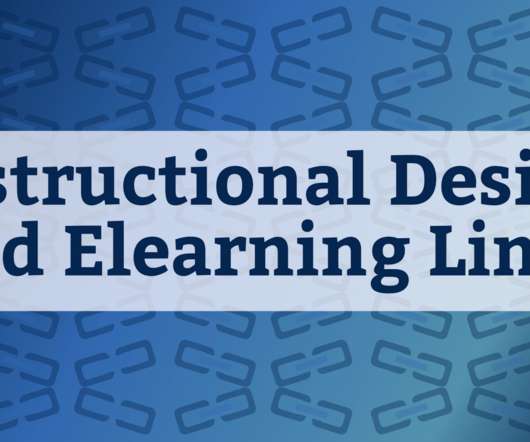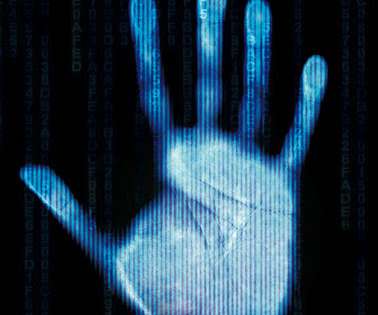AI Tools, Games, Freelancing: ID Links 2/14/23
Experiencing eLearning
FEBRUARY 14, 2023
I like the differentiation here between “informational resources” and “educational resources.” Stop Covid-19 misinformation spreading Great example of a quick game to educate people. Games and branching scenarios Play GO VIRAL!















































Let's personalize your content